Financial institutions are looking to increase their revenue streams by tapping into resources outside of traditional markets. So they are now becoming key players in the new Pay-As-You-Go Solar (PAYGS) movement.
Similar to Pay-As-You-Go mobile telephone services, where you just pay for the services you want, PAYGS is fast growing in developing countries, specifically within the Sub-Saharan African region.
Between 2011 to 2015, over $360 million has been invested into PAYGS companies, according to BloombergNew Energy Finance.
Due to this new market sector, we now have companies like M-KOPA, d.light, Mobisolar, serving 700,000 of the 1.2 billion people who are energy poor. This business sector is ripe for increased investment by financial institutions into PAYGS companies.
Recently at the World Mobile Congress, MasterCard announced a new partnership with M-KOPA, to provide mobile payment technology which will make it easier for customers to make payments as part of the test project in Uganda.
Mastercard’s QR partnership is the first time the company is leaping into the PAYGS ecosystem. The new partnership will help streamline payments for those who buy a system on credit to continue minimal daily payments by either the QR smartphone scan or through ID to the QR code on the phone.
“We’re making sure that solar payments are easy and seamless and can be explored in many different markets, especially those who are off the grid without access to traditional electricity,” Matt Miller, Mastercard’s vice president of new product development for their Commerce Device team said. “They can procure the panel and pay for it over time without a banking relationship. The Masterpass QR framework allows customers across the globe to participate, and with a technical interface that can be used with everything from a smartphone to a feature phone.”
It’s no secret that MasterCard sees this as an excellent opportunity to diversify while improving profits for the company.
Many reasons motivate increased interest for PAYGS within Sub-Saharan Africa. Reasons such as economic development, reducing energy poverty with clean electricity and combatting climate change.
Not only traditional financial institutions are interested in this scheme. Fintech startups, crowdfunding sources, even the blockchain movement are all interested in playing critical roles in the PAYGS ecosystem.
The challenge moving forward will be to educate the general public, as most are still not familiar with PAYGS systems, on how it’s critical to advance such opportunities to reduce energy poverty and mitigate climate change risks in one of the world’s poorest regions.




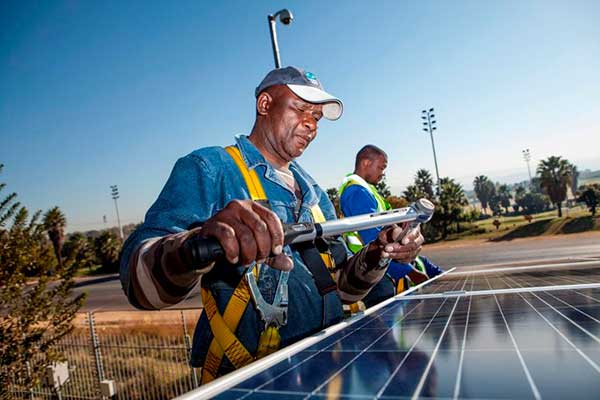

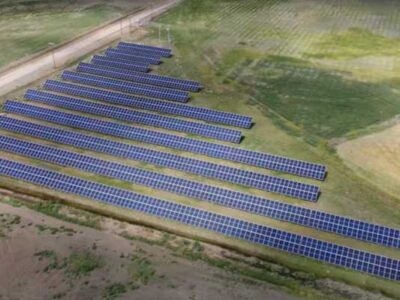

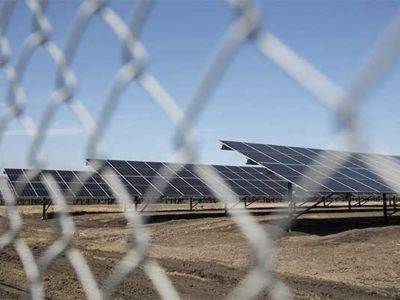
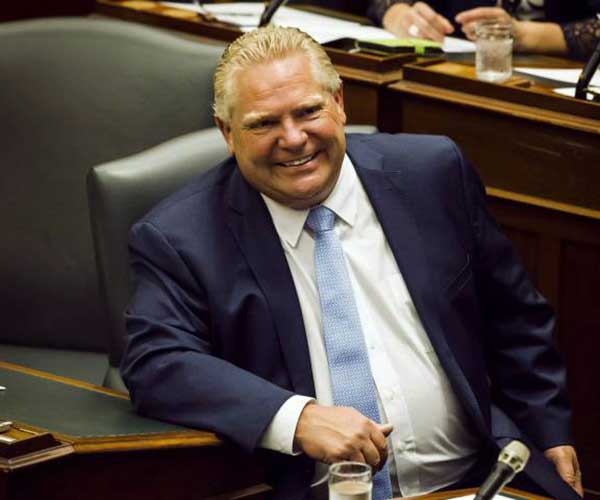

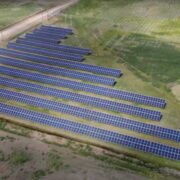


Comments